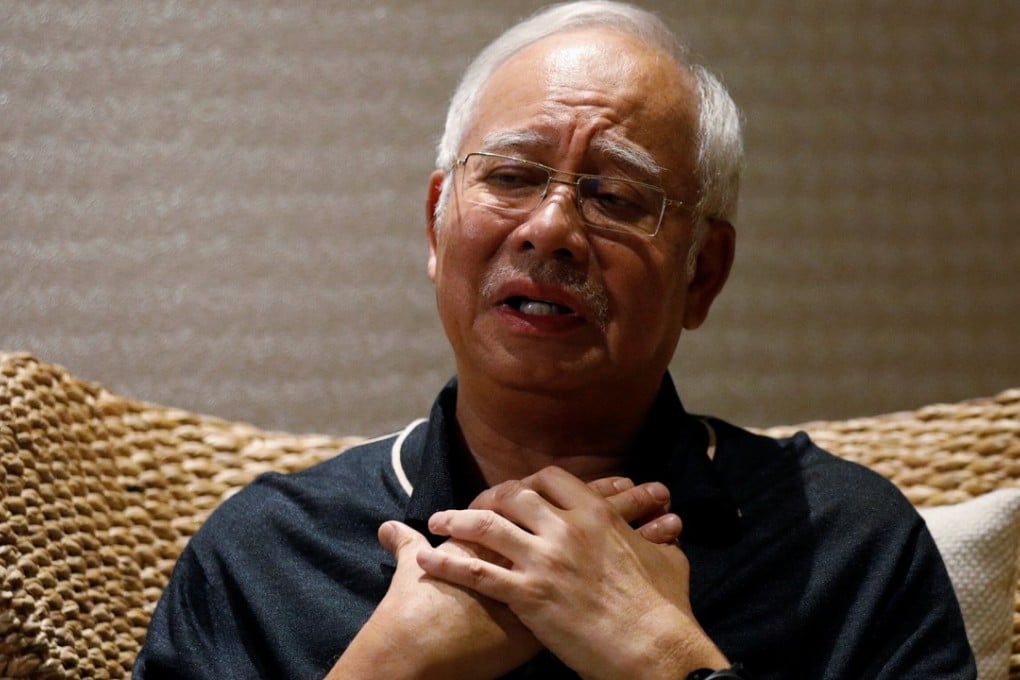Opinion | Hooking up with Najib, Arroyo and Rajapaksa: the risks of China’s attachment to discredited leaders
Richard Heydarian writes that China risks triggering a backlash as it relies on cultivating ties with the ruling elite of beneficiary countries, many of whom tend to be corrupt

As America grapples with an erratic and distracted leadership, China has diligently forged ahead with its effort to consolidate its influence across the Asia-Pacific region.
According to a report by AidData, an American research institution, China has skilfully adopted a “multi-year, forward-leaning strategy”, which employs a diverse set of instruments, including “financial investments and official visits targeted towards a country’s elites, to mass-market appeals to citizens via Confucius Institutes, sister cities and information broadcasting”.
Regional leaders have been captivated by the relative ease with which China has offered capital and technology to even the most troubled, poverty-stricken regimes.
Down the road, however, China runs the risk of triggering a bottom-up backlash as it disproportionately relies on cultivating relations with the ruling elite of beneficiary countries, many of whom tend to be corrupt and increasingly unpopular.

Beijing’s charm-offensive strategy, beginning in the mid-1990s but reaching its zenith in the last decade, has multiple objectives.

